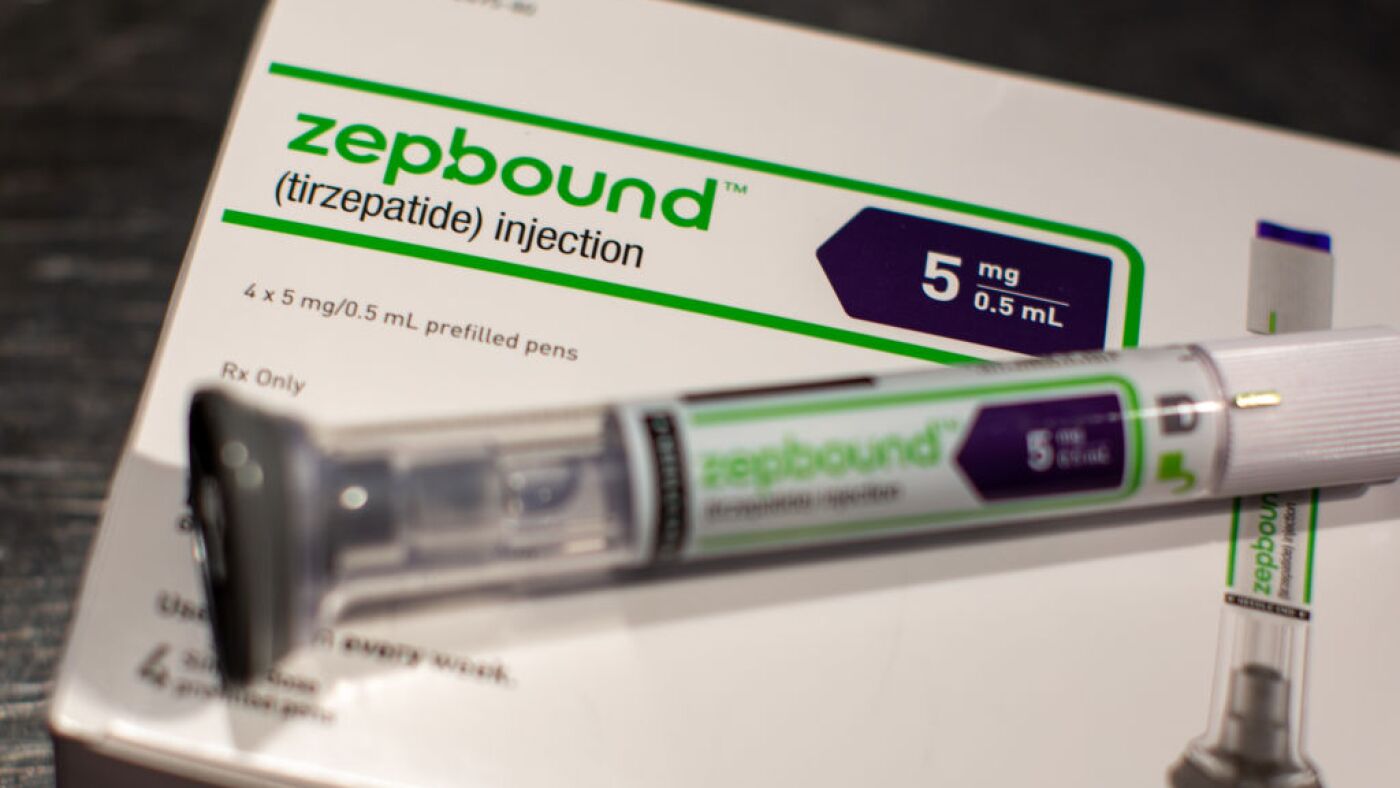Pharma Giant Eli Lilly Wages Legal War on Weight Loss Drug Copycats

Pharmaceutical giant Eli Lilly is taking legal action against four telehealth companies, alleging they've been facilitating the unauthorized distribution of knockoff versions of its popular weight loss medication, Zepbound. The lawsuit highlights growing concerns about the potential misuse of telehealth platforms and compounding pharmacies in reproducing prescription drugs without proper authorization.
Zepbound, a breakthrough weight loss treatment, has become a significant product for Eli Lilly, and the company is aggressively protecting its intellectual property rights. By filing this lawsuit, the drug manufacturer aims to prevent what it sees as illegal replication of its carefully developed medication through alternative pharmaceutical channels.
The legal challenge targets telehealth companies that allegedly enable compounding pharmacies to create unauthorized copies of the drug, potentially undermining Eli Lilly's market position and compromising the integrity of its original pharmaceutical formulation. This legal move underscores the ongoing tensions between innovative drug developers and alternative medication production methods in the rapidly evolving healthcare marketplace.
As the case unfolds, it will likely draw significant attention from the pharmaceutical industry, healthcare regulators, and telehealth providers, potentially setting important precedents for how prescription medications can be distributed and replicated in the digital health era.
